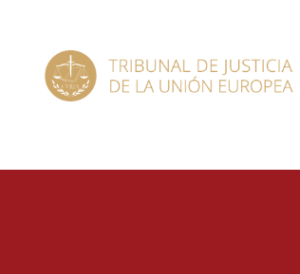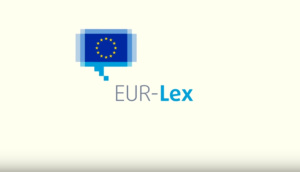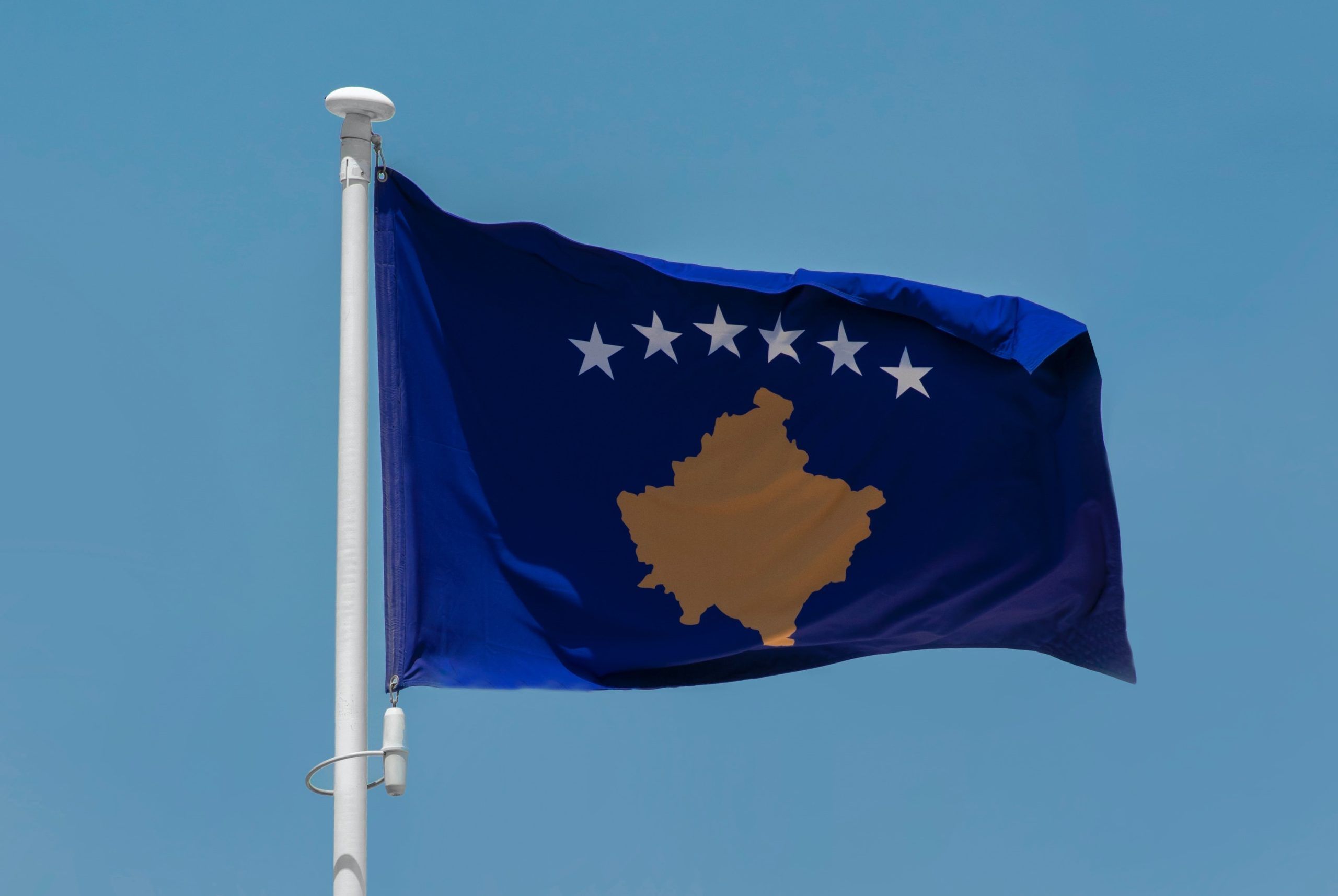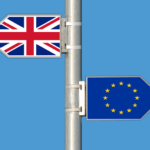Judgment of the Court in Case C-632/20 P
The Body of European Regulators for Electronic Communications (BEREC), which is composed of the Board of Regulators, was established together with its Office in 2009.
Developing the internal market for electronic communications networks and services and improving its functioning are BEREC’s main tasks. BEREC is also required to ensure the consistent application of the EU regulatory framework for that area, and acts as a forum for cooperation among National Regulatory Authorities (NRAs) and between NRAs and the Commission.
Between 2001 and 2015, the European Union signed stabilisation and association agreements with six countries of the Western Balkans, including Kosovo, a potential candidate for accession to the EU. In and after 2018, the Commission took action to develop the digital society and align the legislation of those countries with EU legislation. One such action was to incorporate the Western Balkans into existing regulatory bodies or expert groups, such as BEREC.
In March 2019, the Commission adopted six decisions concerning the participation of the NRAs of those countries in BEREC. In particular, it allowed the NRA of Kosovo to participate in the Board of Regulators and working groups of BEREC and in the management board of the BEREC Office.
In June 2019, Spain brought an action for annulment of that decision before the General Court of the European Union. That action was dismissed by judgment of 23 September 2020, Spain v Commission (T-370/19).

Asunto C-632/20 P – Reino de España contra Comisión Europea.
|
Spain lodged an appeal against that judgment in November 2020. Spain had claimed before the General Court that the Commission’s decision infringes the provision of the current BEREC Regulation that relates to BEREC’s cooperation with EU bodies, third countries and international organisations, because Kosovo is not a ‘third country’ within the meaning of that provision.
The General Court held that the concept of ‘third country’ within the meaning of that provision is not the same as that of ‘third State’ but has a broader scope which goes beyond sovereign States alone. The Court of Justice considers that the General Court made an error of law on that point. The different language versions of the EU and FEU Treaties do not support the conclusion that there is a difference in meaning between ‘third country’ and ‘third State’. Moreover, in several language versions of those Treaties, and of the regulation, only the words ‘third State’ are used.
The Court of Justice, referring to the advisory opinion of the International Court of Justice of 22 July 2010 on the Kosovo declaration of independence, nevertheless considers that Kosovo may be treated in the same way as a ‘third country’, within the meaning of the BEREC Regulation, without infringing international law. The General Court did not, therefore, err in law when it concluded that the Commission could, in accordance with the regulation, treat Kosovo as a ‘third country’.

Reglamento Organismo Regulador Comunicaciones Electrónicas
|
Spain had also argued before the General Court that the Commission had departed from the established procedure for the participation of NRAs of third countries in BEREC. The General Court noted that neither the BEREC Regulation nor any other EU legislation expressly conferred on the BEREC Office or any other body the power to draw up working arrangements applying to the participation of NRAs of third countries, and the Commission thus had the power, under Article 17 TEU, to establish working arrangements unilaterally.
According to the Court of Justice, the General Court erred in law on that point also, since the power to draw up working arrangements applying to the participation of NRAs of third countries lies with BEREC and the BEREC Office. The General Court’s interpretation is not compatible with BEREC’s independence and disregards the division of powers between, on the one hand, the Commission and, on the other hand, BEREC and the BEREC Office, the Commission having only a supervisory function under the regulation.
The General Court’s judgment is set aside because of that error. The Court of Justice itself gives final judgment in the matter, the state of the proceedings permitting it to do so, and annuls the Commission’s decision, since the Commission did not have the power to adopt it.
However, in order not to jeopardise the participation of the NRA of Kosovo in BEREC, the Court of Justice rules that the effects of the Commission’s decision are to be maintained until the entry into force of any new working arrangements concluded between BEREC, the BEREC Office and the NRA of Kosovo. The effects of that decision may not, however, be maintained beyond a reasonable period of six months from today’s date.
SOURCE: Press release – CURIA
PRESS RELEASE No 11/23
Luxembourg, 17 January 2023







Leave a Reply